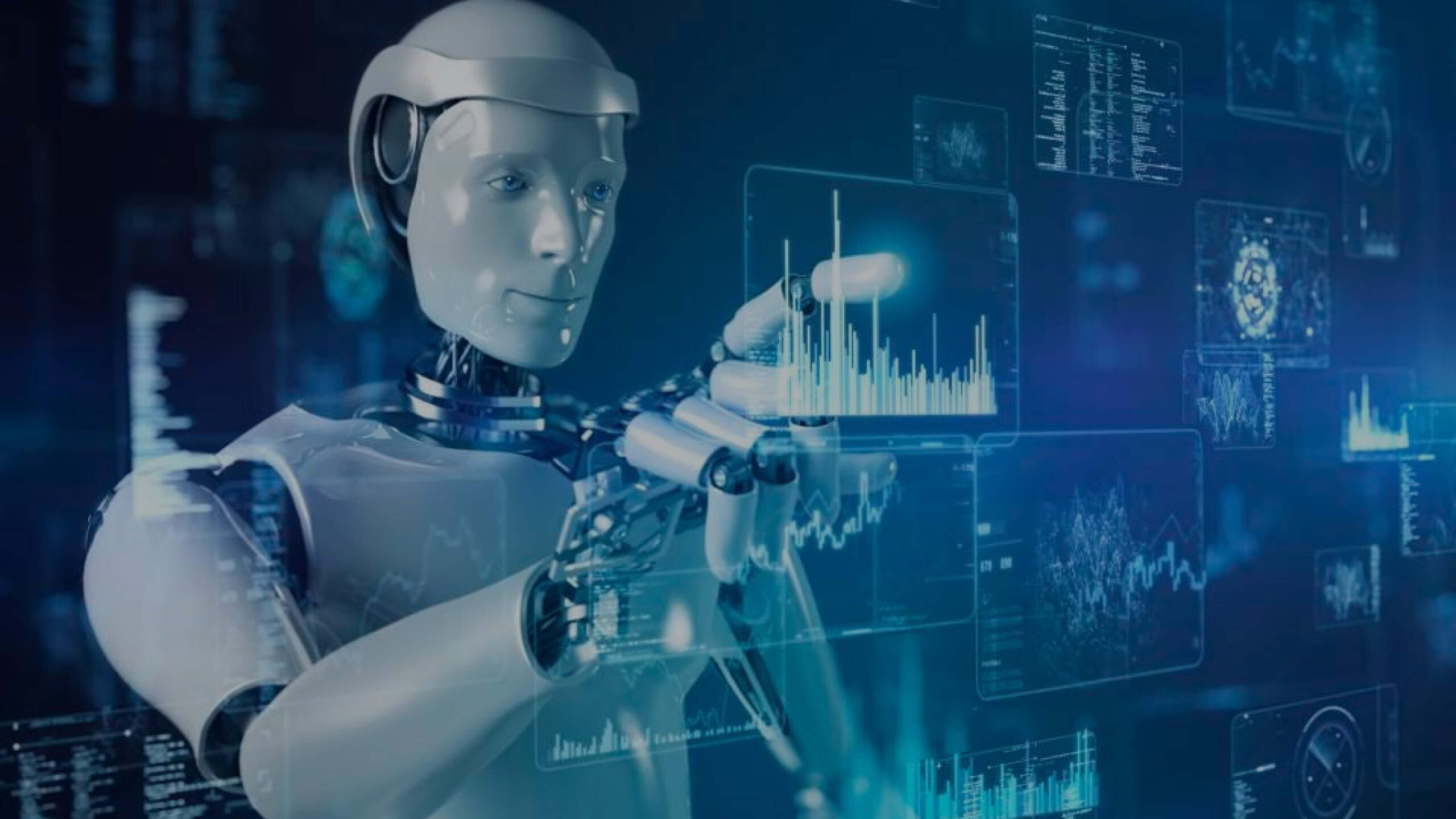A Robot to Defend in Human Courts
Introduction
With the advancement of technology, AI, It has become a part of our lives; from smart home devices to smart cars, the level of comfort has increased from roads to home, but now, An AI lawyer is aiming to create history by becoming the first AI to defend a case in court. The world’s first “robot lawyer” will instruct the defendant on how to effectively argue their case against a traffic penalty during court in a few months. The DoNotPay startup’s artificial intelligence technology will operate on a smartphone, listen in on court proceedings, and then counsel the defendant on what to say using an earpiece. During a fierce discussion over what the world would look like in an AI-dominated world, the experiment highlights AI’s potential uses in the legal system and may also lend new momentum to help legal experts with more accuracy in the legal field. In 2015, Joshua Browder launched the DoNotPay chatbot for legal services. It was created as a chatbot to provide legal advice to individuals who were facing late fees or fines. According to Browder, the AI assistant required significant time to be educated on the case.
The hearing is set to take place in February. The robot’s developers have yet to reveal the confirmed date, the court’s location, or the defendant’s identity.
Motive Behind
Browder stated that the goal of his software is to replace certain attorneys and assist defendants in saving money. “It’s all about words, and attorneys charge hundreds or thousands of dollars per hour to accomplish it… There will still be some competent attorneys fighting in the European Court of Human Rights, but many lawyers are just charging much too much money to copy and paste things, and I believe they will be replaced, and they should be replaced,” Browder added.
The defendant in the case is being sued for obtaining a speeding ticket even though he will only listen to orders from the AI robot. According to the science and technology journal New Scientist, the AI robot would examine and analyze the information given in court before advising the defendant on how to answer.
DoNoPay has promised to pay any fines imposed if the lawsuit is lost. The objective of the company is to support clients in “fight multinationals, beat bureaucracy, and sue anybody with the press of a button.”
Can judgment be trusted?
So far, AI’s use in courts has been chiefly limited to automating back-end labor or combing through vast databases to discover precedents. While AI algorithms and machine learning systems can evaluate massive volumes of data, the biases they may inject into the conclusions remain a significant problem.
“While a judge may potentially have insufficient knowledge and undiscovered biases, protections – such as open justice includes presenting reasons for a judgment and procedural fairness – provide for openness in decision-making and, consequently, scrutiny or critique.
Because of the risk of biases infiltrating the judicial system through the use of AI, many believe that the day when AI systems can successfully replace attorneys or judges is still a long way off.
Views of various nations on AI in court
Malaysian courts have been considering the use of artificial intelligence (AI) to aid judges in their decision-making process; the technology is currently in place to assist judges in drug possession cases in two Malaysian states. While AI might help in retrieving a massive database of comparable instances and past verdicts, the duty of sentencing the guilty would remain in the hands of human judges. ChatGPT, OpenAI’s recently-publicized chatbot, has also been used to create legal briefs as an experiment with middling success, and AI systems in development have demonstrated the ability to anticipate the length of a phrase.
India’s opinion on AI in courts
In India, the Supreme Court established the Artificial Intelligence Committee, which, according to Kiren Rijiju, Minister of Law and Justice, “…identified use of AI technology in Translation of judicial papers; Legal research help; and Process automation.” AI techniques are helping to expedite the working of courts by translating judicial papers into common languages. IIT Kharagpur researchers have developed an AI tool to understand judicial judgments that would “…guide the common man on whether laws are being broken in a given circumstance, or if there is value in taking a certain issue to court so that legal expenditures can be avoided.”
Conclusion
DoNotPay is allegedly considering using a teleprompter in this instance. According to Browder, the AI-powered robot lawyer who will appear in court in February is simply a “proof of concept” at this point and is intended to urge courts to embrace technology and assist individuals in gaining access to justice. While the experiment may be related to DoNotPay’s goal of “fighting corporations, beating bureaucracy, and suing anyone at the press of a button,” it also raises questions about the future of AI in courts – a future in which AI is more than just a tool, but plays a more active role in the judicial system.
Author: Ms. Tanushree Saxena, Trainer, CyberPeace Foundation




